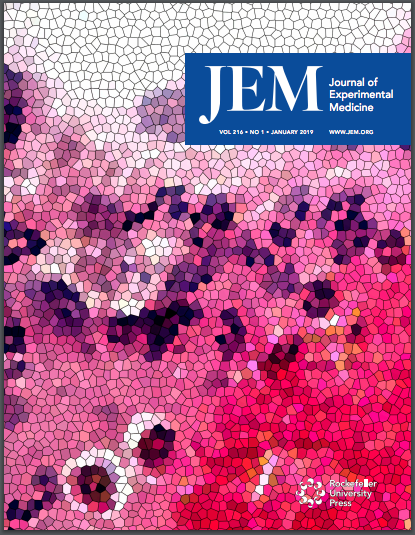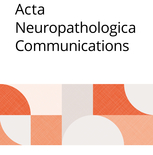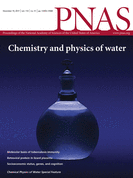 The authors of a 2013 paper on antibody production in patients with rheumatoid arthritis have retracted the work in what looks to us like a case study in how to handle operator error.
The authors of a 2013 paper on antibody production in patients with rheumatoid arthritis have retracted the work in what looks to us like a case study in how to handle operator error.
The paper, “Monoclonal IgG antibodies generated from joint-derived B cells of RA patients have a strong bias toward citrullinated autoantigen recognition,” was published in the Journal of Experimental Medicine by a group from the Karolinska Institutet (KI) in Sweden and elsewhere, and has been cited 128 times, according to Clarivate Analytics’ Web of Science. The last author, Vivianne Malmström, is a specialist in cellular immunology at the KI.
Here’s an excerpt from the lengthy notice: Continue reading Group issues model retraction over antibody error
 As we’re fond of repeating, sunlight is the best disinfectant. Which doesn’t jibe with the findings in an eye-catching 2018 paper that found people were less fearful of catching a contagious illness if they were in a dark room or were wearing sunglasses.
As we’re fond of repeating, sunlight is the best disinfectant. Which doesn’t jibe with the findings in an eye-catching 2018 paper that found people were less fearful of catching a contagious illness if they were in a dark room or were wearing sunglasses.  The authors of a 2018 paper on how noisy distractions disrupt memory are retracting the article after finding a flaw in their study.
The authors of a 2018 paper on how noisy distractions disrupt memory are retracting the article after finding a flaw in their study. 

 When
When 


 In 2016, researchers at Oregon State University published a paper in
In 2016, researchers at Oregon State University published a paper in